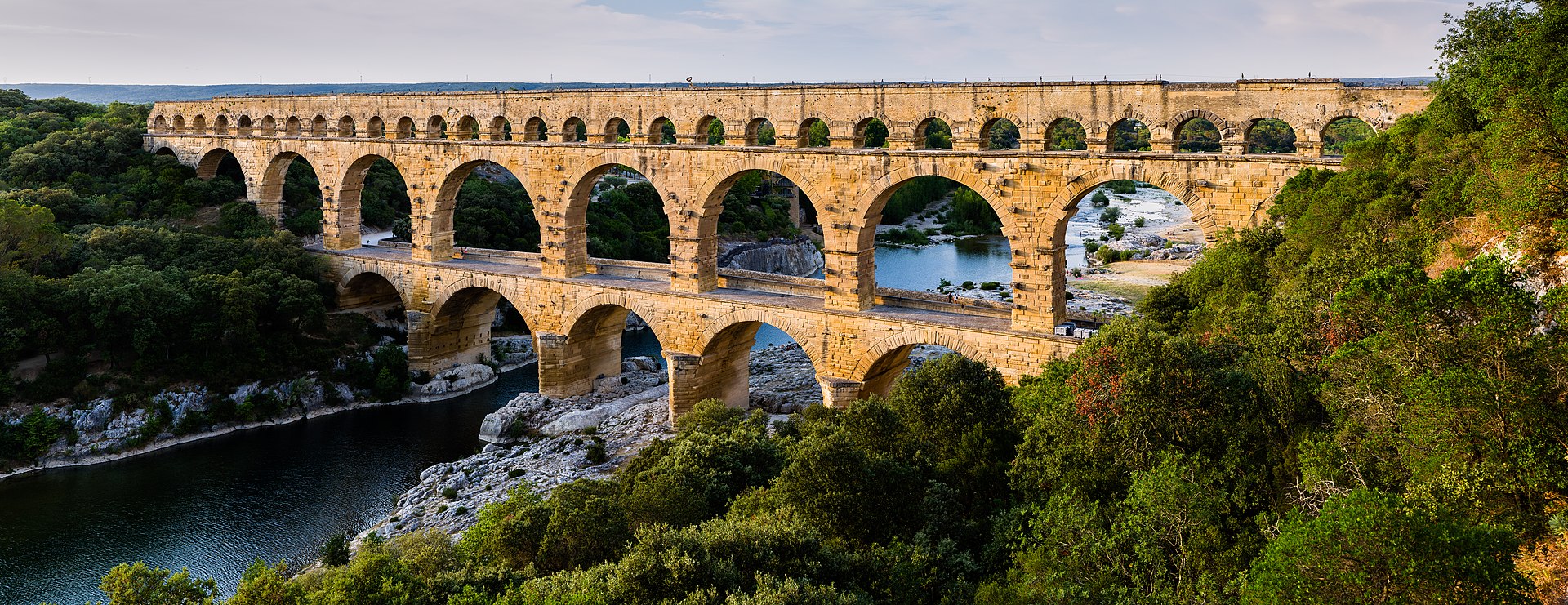Thus, in Western history, the next
important worldview is the Roman one. Operating under it, people became even
more practical, more focused on physical effectiveness and power, and less
interested in, or even aware of, ideas for their own sake. Among many of the
early Romans, this feeling expressed itself in a hatred of all things Greek;
the truth was that, though they did not like to admit it, the early Romans
borrowed heavily from the Greeks, especially in theoretical knowledge. Greek
science and geometry enabled the design and building of the engineering marvels
that the Romans constructed.
In their heyday, the Romans no longer
feared the gods in the way the ancient Greeks or the Romans’ own ancestors once
had. As the Republic faded and the Empire took over, the Romans turned so far
from earlier thinking that they lost much of the Athenian capacity for abstract
things—wonder, idealism, pure geometry, pure philosophical speculation, and
flights of imagination. Later, they even lost their idealistic sense of duty to
their nation.
The Romans built their state on abstract democratic principles,
values, and behaviors, similar to the Athenians, but like the Spartans, they loved
real-world results and the physical power these lead to. They cared next to
nothing for speculation about “the one and the many” or where parallel lines
meet. Those were Athenian-types of mind games that to the Romans, seemed pointless, even silly.

Pont du Gard (built in the first century A.D.) Roman aqueduct in modern France
(credit: Benh LIEU SONG, via Wikimedia Commons)
No comments:
Post a Comment
What are your thoughts now? Comment and I will reply. I promise.